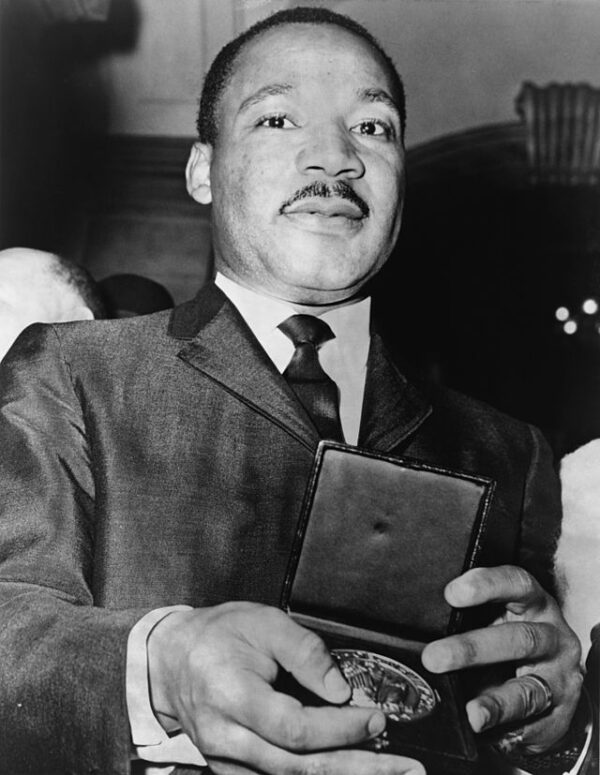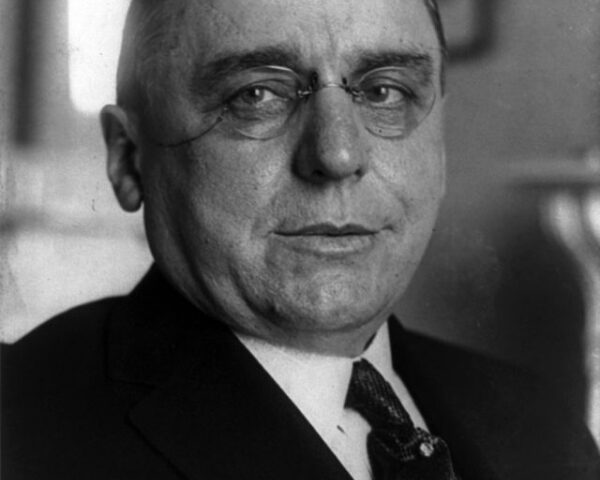On the evening of April 3, 1968, as a storm rolled into Memphis, Tennessee, Martin Luther King Jr. stepped up to the pulpit at Mason Temple. It was a place of both shelter and unrest—and that night, it became the setting for his final speech. Known today as the “I’ve Been to the Mountaintop” speech, King’s words were bold, visionary, and strangely like a farewell. Less than a day later, he was assassinated on the balcony of the Lorraine Motel. The sharp contrast between his hopeful message and his sudden death marks one of the most heartbreaking moments in American history.
King was in Memphis to support striking sanitation workers—Black men fighting for better pay, respect, and safer working conditions. But the speech he gave that night went far beyond their struggle. It showed how much he had changed. He was no longer just the man who dreamed of racial harmony in 1963. By 1968, King had become a fierce critic of war, poverty, and economic injustice. He knew this made him a target.
The speech opens with King imagining that God offers him a chance to live in any time in history—from ancient Egypt to the Roman Empire, to the rise of modern Europe. King chooses the present. Not because things were easy, but because hard times reveal deep truths. “Only when it is dark enough,” he said, “can you see the stars.”
What gives the speech lasting power, though, is how it ends. King, sounding tired but full of spirit, talks openly about his own death. “I may not get there with you,” he says, “but I want you to know tonight, that we, as a people, will get to the Promised Land.” His voice rises, pushing back against the fear and danger he clearly felt. The next evening, as he leaned over the balcony, a sniper’s bullet ended his life.
King’s assassination on April 4, 1968, was more than just a tragic killing. It felt like the end of a certain kind of hope in America. In over 100 cities, protests and riots broke out. Fires burned in Washington, D.C., Chicago, and Baltimore—not only out of anger, but from heartbreak and fear. To many, King had symbolized the chance that the country could change through peace and faith. When he died, that hope seemed to die with him, at least for a while.
Still, over time, the “Mountaintop” speech has taken on a powerful, almost sacred meaning. It forces us to reflect—was King saying goodbye, or daring us to keep going? Was he giving up, or becoming more determined? Maybe it was both. He had seen the mountaintop—not as a final victory, but as a place where you could just start to see the long path of justice ahead.






